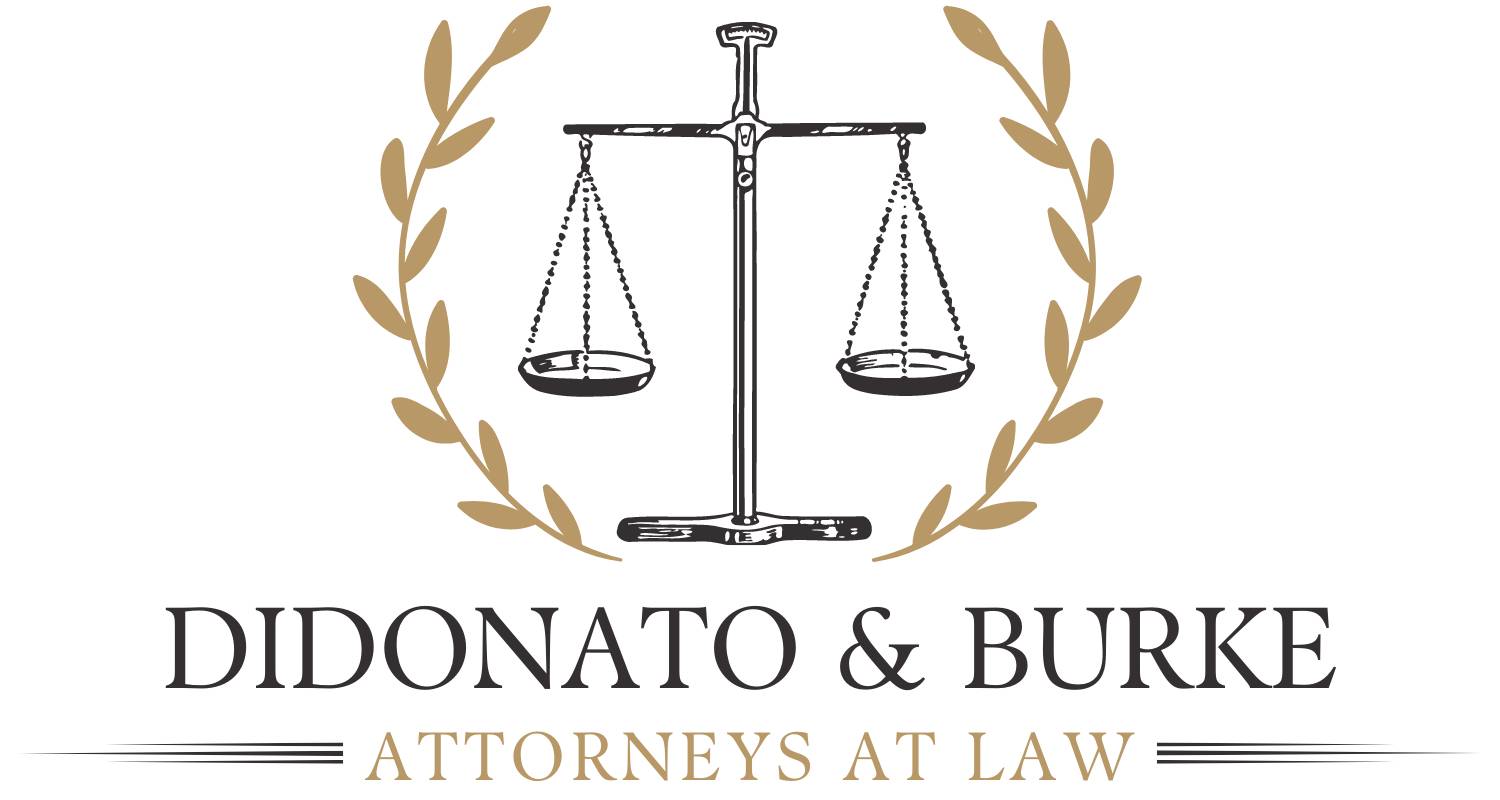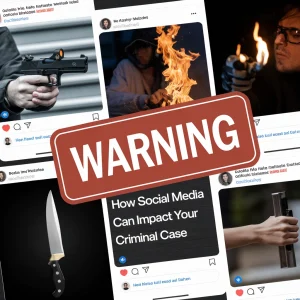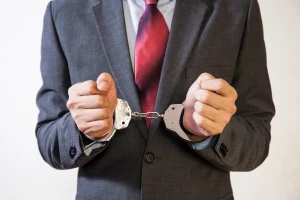Today, social media is a regular part of our lives, but it can also play a significant role in legal matters. For individuals involved in criminal cases, social media activity can have unexpected consequences. At DiDonato & Burke Law Firm, we’ve seen how social media can impact criminal cases, sometimes in ways clients never imagined. Understanding how to navigate these challenges is crucial to protecting your rights.
The Role of Social Media in Criminal Cases
Social media platforms like Facebook, Instagram, Twitter, and TikTok are common tools for law enforcement and legal teams. These platforms can provide evidence and insights into an individual’s behavior and activities. Whether it’s posts, photos, or even private messages, social media often plays a role in:
- Gathering Evidence: Posts and photos can be used to establish facts about a case.
- Creating Timelines: Activity on social media may help investigators piece together the timeline of events.
- Assessing Behavior: Social media interactions can sometimes be used to evaluate an individual’s intent or state of mind.
While social media may seem harmless, it’s important to recognize its potential legal impact.
Common Ways Social Media Can Hurt Your Case
Social media evidence is increasingly used in criminal cases. At DiDonato & Burke Law Firm, we’ve observed several scenarios where social media can create challenges for defendants:
1. Incriminating Content
Photos, videos, or posts that relate to an alleged crime can be used as evidence. Even seemingly innocent content can be misinterpreted and used to build a case against you.
2. Contradictory Statements
If your social media activity doesn’t align with statements made during your defense, it can harm your credibility. For example, claiming you were home but sharing a location-tagged photo elsewhere may raise doubts.
3. Geotagging and Location Data
Social media platforms often include location data. This information can place you at or near a crime scene, even if it’s unintentional.
4. Posts by Others
Posts or tags from friends and family can also become part of a case. If someone else’s post links you to an alleged crime, it could be scrutinized in court.
5. Perception of Character
Prosecutors may use your social media activity to create a narrative about your character. Posts that show risky or questionable behavior can sometimes influence the outcome of a case.
Protecting Yourself on Social Media
When facing a criminal case, taking control of your social media presence is essential. At DiDonato & Burke Law Firm, we recommend these steps to safeguard your online activity:
1. Pause Your Social Media Activity
Avoid posting new content while your case is ongoing. Even unrelated posts can be misinterpreted or taken out of context.
2. Set Accounts to Private
While privacy settings aren’t foolproof, limiting public access to your accounts can help reduce exposure. Be cautious, as legal subpoenas can still access private content.
3. Don’t Discuss Your Case Online
Refrain from sharing details about your case on social media. This includes opinions, updates, or interactions related to the legal process.
4. Review Existing Content
Carefully review past posts for anything that could be misconstrued. Deleting content might raise questions, so consult your attorney before taking any action.
5. Inform Friends and Family
Ask your friends and family to avoid tagging you or discussing the case on social media. Their posts can also be subject to scrutiny.
Why Legal Guidance Matters
Navigating a criminal case requires skilled representation, especially in today’s digital age. At DiDonato & Burke Law Firm, we understand the unique challenges that social media evidence presents. Our experienced team can:
- Provide Advice on Social Media Use: We guide clients on how to manage their online activity responsibly.
- Challenge Evidence: If social media evidence is introduced, we’ll evaluate its relevance and admissibility.
- Protect Your Rights: From investigations to court proceedings, we ensure your rights are upheld every step of the way.
Located in Philadelphia, we specialize in defending clients across a range of criminal cases. Whether you’re facing allegations or an investigation, we’re here to help.
Contact Philadelphia Criminal Defense Attorney Thomas F. Burke, Esq.
Social media is a powerful communication tool, but it can also become a legal risk in criminal cases. By understanding the potential pitfalls and taking proactive steps, you can protect yourself and your defense. At DiDonato & Burke Law Firm, we’re committed to helping clients navigate these challenges with confidence and expertise.
If you’re involved in a criminal case and need guidance on managing your social media presence, contact DiDonato & Burke Law Firm today. Call us at (215) 567-1248 or visit our office at 1500 JFK Blvd, Suite 900, Philadelphia, PA 19102 for a consultation. Together, we’ll build a strong defense and protect your future.



